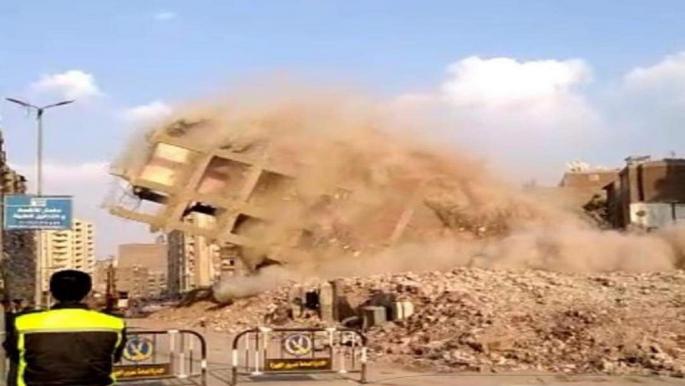The trade union elections in Egypt, which are taking place these days, witnessed flagrant violations, including obstructing dozens of workers from running for elections or threatening by the security services to discourage them from their intention to run for the election. This reflects the desire of the regime of President Abdel Fattah al-Sisi to hold mock elections that would enable his loyalists to control trade unions, just as they did in the last parliamentary elections.
Deliberate administrative obstacles
In conjunction with the upcoming elections, the Minister of Manpower, Muhammad Saafan, issued several booby-trapped decisions that had two goals. The first is the regime’s control of these unions and depriving any independent voice of entering them. The second is to serve business people by bringing in the administrations of domesticated associations that do not raise their voices to demand the rights of their members. The first of these decisions was holding general elections for 29 unions comprising millions of workers in only two stages. For each step, set ten days only for submitting papers and appeals to those who do not meet the conditions of candidacy, deciding on requests, conducting elections, announcing the results, filing grievances and depositing the final papers, which is a short period. It does not allow many to exercise their right to run for office.
The minister’s decisions resulted in not giving the judiciary enough opportunity to fully supervise the elections to allow adequate scrutiny, review of papers, and consideration of appeals accurately and impartially. It also led to civil society organizations not being allowed to participate in monitoring the electoral process and following up on the progress of the process and the integrity of the elections. In the service of business people, the decisions of the Minister of Manpower stipulated that the file of the worker wishing to nominate should include a statement of the job status from the entity in which he works, which allows the administration of that entity to withhold that document to prevent the candidacy of whom it wishes to avoid, which thus allows the administration to exclude the one it doesn’t want him to be unionized.
Some directorates of the Ministry of Manpower have refrained from providing legal services to those wishing to run for the trade union elections, such as refusing to receive candidacy papers from some candidates because their names are not listed on the ministry’s “system” and refusing to submit the candidates’ electoral projects on the ministry’s website designated for this. Worse than that, many of those wishing to run for elections discovered that they had been crossed out from the lists of the General Assembly of the trade unions to which they belong, which means that they were deprived of their right to run!
National Security terrorizes workers
“We do not want you to run, and we see that this is better for your interests,” one of the National Security officers (the political security apparatus of the Sisi regime) told one of the employees of the Postal Authority, threatening him from running in the first stage of the union elections, which will take place following Monday, without giving reasons. The Center for Trade Unions and Workers Services, which is concerned with workers’ rights, documented that the National Security threatened many of those wishing to run for labour positions in several governorates, including Ismailia governorate, where the security apparatus summoned six members of the board of directors of the real estate tax union in the governorate, threatening them with dismissal and arrest. If they submitted their papers to run for union elections, the same happened to two workers wishing to run for the union committee of the Misr Petroleum Company in Suez, which hindered them from running.
The irony is that these administrative and security violations come when President Sisi’s regime claims openness and acceptance of the opposition, releases political, civil and union rights and freedoms, and even calls for a “national dialogue” to solve the homeland’s crises! This confirms that the system will not change and that dictatorships do not concede or offer reforms except formally or temporarily.





Recent Comments